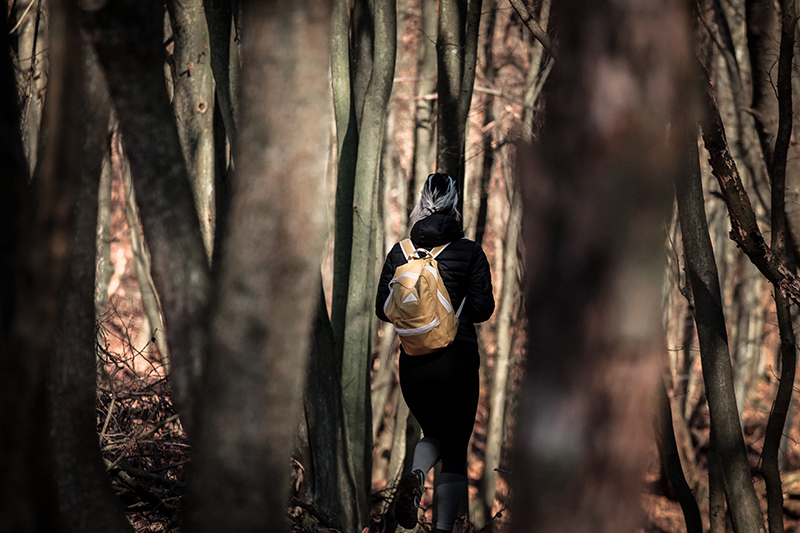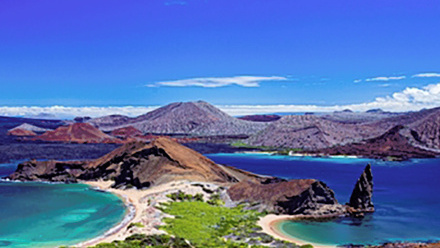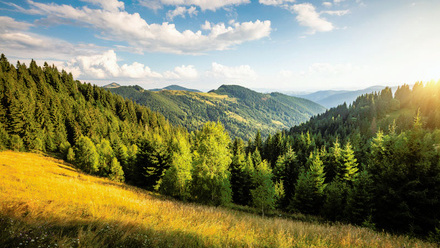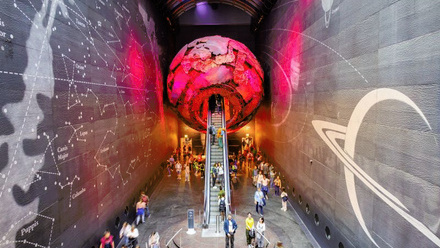Plans afoot for a new natural history GCSE qualification
The UK Department for Education has launched its Sustainability and Climate Change Strategy, which includes the launch of a new natural History GCSE qualification for secondary school students.

Pupils will be able to study the natural world through the new curricula to be introduced by September 2025.
It forms part of wider plans for the UK education sector to become a world leader in climate change by 2030.
The new Natural History qualification will enable young people to explore the world by learning about organisms and environments, environmental and sustainability issues, and gain a deeper knowledge of the natural world around them.
They will also develop the skills to help them carve a future career in the natural world if they wish to – for example observation, description, recording and analysis, through sustained and structured field study.
The government also aims to accelerate the roll-out of carbon literacy training to support at least one sustainability lead in every locally maintained nursery, school, college and university. The training will support settings to develop climate action plans that will bring together and drive activity to improve climate education, put in place measures to protect them against the effects of climate change, and increase climate resilience through adaptation initiatives.
There will also be greater support for teaching climate change at all levels and, by 2023, there will be new requirements for further education teachers to build sustainability into their teaching.
Young people will also be able to bolster their environmental education gained in existing subjects, including changes to landscapes and urbanisation in geography, and habitats and ecosystems in science.
The strategy also details the development of additional measures first announced at COP26.
This includes the National Education Nature Park that will help children and young people get more involved in the natural world. It will help the increase of biodiversity in the grounds of their nursery, school, or college by them taking small steps, such as installing bird feeders and ‘bug hotels’. Teachers will be provided with free, high-quality climate education resources as part of the Nature Park hub.
Children and young people will also be able to undertake a new Climate Award in recognition for their work to improve their environment, with a prestigious national awards ceremony held every year. The Climate Leaders Award will help children and young people develop their skills and knowledge in biodiversity and sustainability, and celebrate and recognise their work in developing their skills and knowledge.








